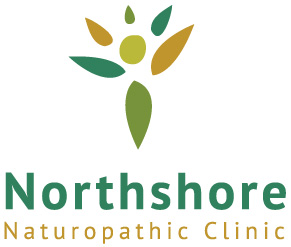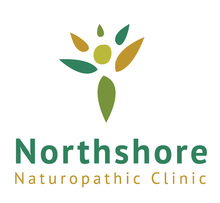By Dr. Matsen/Irene Hayton
We all know how important it is to keep ourselves hydrated, especially with summer and warmer weather fast approaching and when we’re exercising. All too often, many of us rely on soft drinks, fruit juices, and other sweet beverages to quench our thirst. However, these are not the best choices for staying hydrated because they lack nutrients, add unnecessary calories to our diet, and are loaded with sugar and other unhealthy products.
Say No to Soft Drinks
One 12-ounce soft drink may contain approximately 10 teaspoons of sugar, 150 calories, caffeine, phosphoric acid and artificial coloring. Studies have shown a link between the consumption of soft drinks and health problems such as obesity, tooth decay, weakening of bones, and caffeine dependence.
And don’t think you’re doing yourself a favor by choosing diet soft drinks. The safety of the artificial sweeteners used in these beverages is questionable. For example, aspartame consists of phenylalanine, aspartic acid, and methanol, and each of these have been shown to cause serious side effects.
Excessive levels of phenylalanine in the brain can result in a decrease in serotonin levels, which is a potential cause of carbohydrate cravings, insomnia, mood swings and PMS symptoms. Aspartic acid has been labeled as an ‘excitotoxin,’ a substance that can damage nerve cells by overstimulating them. Methanol (wood alcohol), which makes up 10% of aspartame, is a toxic poison even at extremely low doses. It breaks down into formic acid (the chemical in fire ant venom) and formaldehyde (embalming fluid) in the body, both of which are deadly toxins. Symptoms from the use of aspartame are numerous; in 1994, it accounted for more than 75% of all non-drug adverse reactions reported to the FDA.
Sucralose, also known as Splenda, is another artificial sweetener that’s used in some soft drinks and fruit-flavored beverages. Because it is made from sugar, many people believe that sucralose is natural but the opposite is true. It is a chlorinated compound—it is produced by adding 3 chlorine atoms to a sugar molecule. So when you consume anything with sucralose in it, you are actually ingesting chlorine. No long-term human studies have been done to determine if sucralose has any potential health effects and no independent controlled studies on humans have been done.
Be aware that there is no clear-cut proof that diet soft drinks are beneficial if you’re trying to lose weight, but there is some evidence that they may stimulate the appetite. And what many people don’t know is that some diet soft drinks contain more caffeine than their regular counterparts.
Avoid Fruit Juices
Many people know that soft drinks aren’t healthy so they turn to fruit juices and fruit-flavoured beverages instead, both for themselves and their children. But what most of us don’t realize is that fruit juice contains approximately 8 teaspoons of sugar. The sugars in fruit juice can lead to insulin imbalance and digestive complaints. It’s better to eat the whole fruit instead. If your children drink a lot of juice, wean them off slowly by diluting it slightly with water and gradually increasing the water content thereby decreasing the amount of juice.
Healthier Choices
So what’s your best choice for staying hydrated and quenching your thirst? Good old H2O—preferably purified or filtered. Water is crucial to many of the processes in the body, including circulation, digestion, absorption of nutrients, removal of wastes, and maintenance of a constant body temperature.
When you want a change from plain water, add a squeeze or two of fresh lemon or lime juice. Or make a batch of sugar-free lemonade (see Eating Alive II). You can also make your own cranberry juice—see the Recipe section.
Another alternative to sugary beverages is to try your favourite herbal tea over ice. Just make the tea using boiled water as you normally would, remove the tea bag and allow the tea to cool a bit, then pour the tea into a glass juice jar and put it in the fridge to cool. Pour into a glass, add ice and enjoy.


